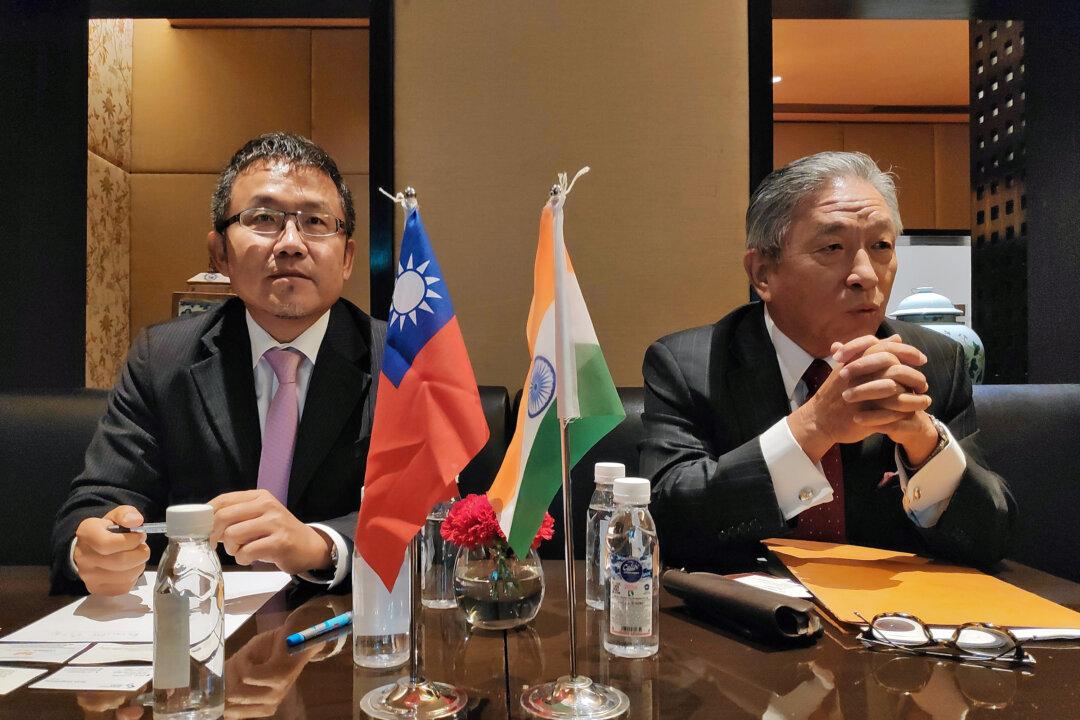NEW DELHI—Taiwan is pitching India as a potential business destination to its tech, auto, renewable energy and farm sector firms as the United States’ trade war with China has pushed its companies to look for newer markets, two officials said on Sept. 20.
More than 10,000 Taiwanese companies, including Apple suppliers Foxconn and Wistron have massive operations in China, thanks to its tax incentives, organized supply chain and logistics, efficient business parks as well its cultural ties to the island.





